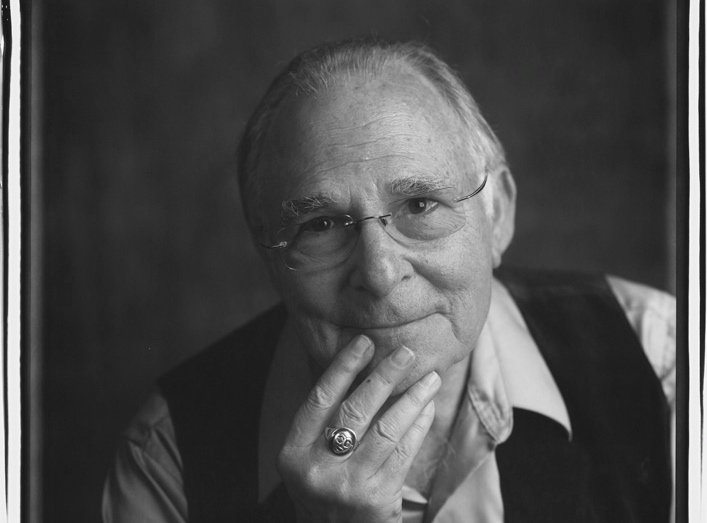I’ve been trying to answer the question, “If you could have one superpower, which one would it be?” since I was a kid. I’ve considered being invisible, controlling time, and even being able to make food appear whenever I want… but controlling minds would be the best. Not for evil purposes, more like Charles Xavier in the x-men series.
He was called Dr. X, maybe I could be Ms. X? “Lady Who Controls Minds” was the other superhero name I came up with, and it doesn't really have a nice ring to it.
Obviously, mind control would be the greatest superpower to have, hands down. I would never have to wonder what others are truly thinking, no one could ever lie to me, and true intentions would always be clear. Senior year and college would be a breeze. I would never have drama with friends, because I wouldn't associate with people whose thoughts and words lacked congruence. If I could gain insight into my math instructor’s mind during a lesson, decoding the foreign language of AP Statistics would be much more simple. Not to mention I could be the greatest psychologist ever. A psychologist capable of reading minds is a deadly combination, but one who can control minds is unimaginable. I could cure almost any patient, easily turning negative thoughts into positive ones, and help anyone with mental disabilities gain social acceptance. Gaining insight into mentally disabled and diseased minds could provide information to many gray areas of psychology, potentially helping thousands. If only I could really control minds.


 Elkman obtained a Ph D in clinical psychology after a one-year internship at UCSF. In 1965, Elkman began researching nonverbal behavior, including hand movements, gestures, and facial expressions. In collaboration with W. Freisen, him and Elkman created the Facial Action Coding System (FACS) in 1978, otherwise known as the only tool that comprehensively measures facial expressions. He started studying depression patients and their facial expressions while lying, revealing micro facial expressions. He turned his findings over to the public after he retired, writing many books and articles. Elkman's childhood is harder to find, but he originally planned on being a psychotherapist yet changed his mind when his mother got a severe mental illness when he was sixteen.
Elkman obtained a Ph D in clinical psychology after a one-year internship at UCSF. In 1965, Elkman began researching nonverbal behavior, including hand movements, gestures, and facial expressions. In collaboration with W. Freisen, him and Elkman created the Facial Action Coding System (FACS) in 1978, otherwise known as the only tool that comprehensively measures facial expressions. He started studying depression patients and their facial expressions while lying, revealing micro facial expressions. He turned his findings over to the public after he retired, writing many books and articles. Elkman's childhood is harder to find, but he originally planned on being a psychotherapist yet changed his mind when his mother got a severe mental illness when he was sixteen.

